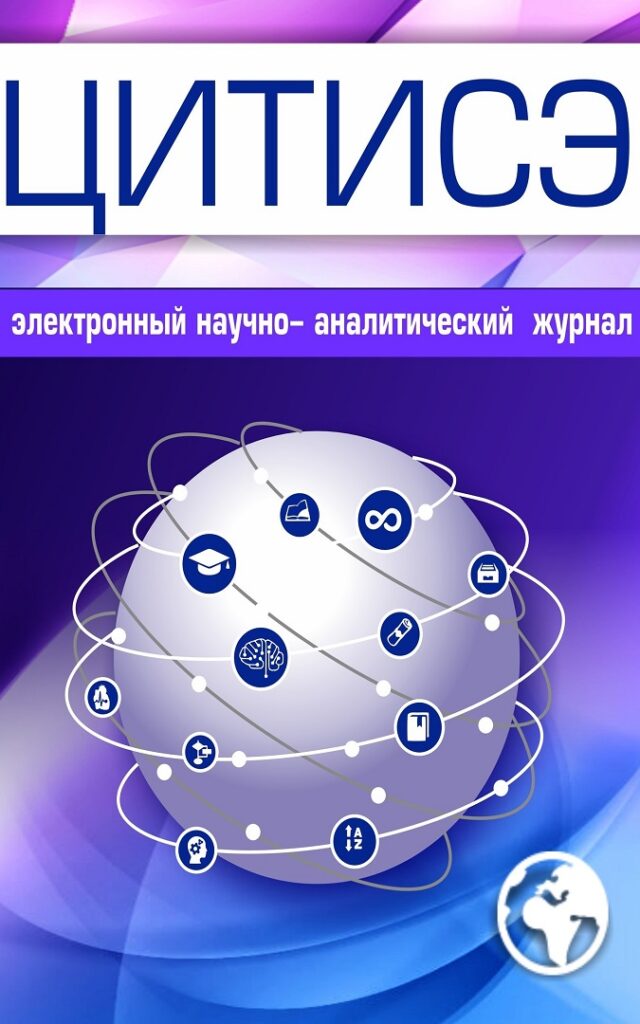Terekhova M.
GENDER ROLE IN THE SYSTEM OF POLITICAL GOVERNANCE (the genesis of the category and the current state of the Russian model)
UDC 301.19
Annotation. The article examines the gradual development of the scientific category “gender role”, identifies the main existing gender stereotypes, analyzes the level of gender equality in modern Russian society and in the state authorities of the Russian Federation, and identifies the problem complexes that determine this level. The statistics of women in the legislative and executive branches of government are given. Gender stereotypes associated with the participation of women in the system of political governance are presented and disclosed. Research methods included classification analysis, comparative and historical analysis, etc. The results section provides a classification of gender stereotypes, as well as the dynamics of the number of women in the executive and legislative branches of government. In conclusion, the reasons for the low representation of women in public authorities are formulated
Keywords: gender role, gender stereotypes, the system of political governance, gender equality in government.
References:
1. Antonova N. V. Gender culture as a factor in the formation of gender policy in Russia // Bulletin of the South Ural State University. 2019. No. 4. Рp. 102-109.
2. Bakhteeva E. G. Prospects of transformation of the image of a female politician in the public consciousness of Russians (on the example of surveys of residents of Saratov and Moscow) // News of Saratov University. 2015. No. 1. Рp. 100-105.
3. Voronina O. A. Gender equality policy in Modern Russia: Problems and contradictions // A woman in Russian society. 2013. – No. 3. Рp. 12-20.
4. Gasparyan S. K. Gender stereotypes in the political sphere of modern society // Yerevan State University. 2017. No. 2. Рp. 43-49.
5. Evseev V. O. Simulation model of controlled chaos // CITISE. 2016. No. 4(8). Рр. 1. https://www.elibrary.ru/item.asp?id=26747388
6. Evseev V. O. Model of competitive socially-oriented labor relations in a new socio-economic formation // Social policy and social partnership. 2008. No. 4. Рp. 67-74. https://www.elibrary.ru/item.asp?id=29283539
7. Ilyinykh S. A. Gender issues and management as a subject of research/S.A. Ilyinykh // Bulletin of TSU. 2011. No. 2. Рp. 57-62.
8. Kalabikhina I. E. Why it is important to develop institutions of gender equality in Russia // Scientific research of the Faculty of Economics. 2011. No. 1. Рp. 149-176.
9. Kamenskaya E. N. Gender stereotypes as a socio-psychological phenomenon // Actual problems of humanities and natural sciences. 2012. No. 2. Рp. 4-9.
10. Kashina M. A. Women in Russian parliaments: will quantity turn into quality? // Bulletin of TSU. 2021. No. 5. Рp. 238-251.
11. Kashina M. A. Employment of women in the Russian civil service: balance of consequences for the family and the state // Management consulting. 2019. No. 9. Рр. 19-33.
12. Klimashevskaya O. V. Gender policy of the state: the genesis of the concept // A woman in Russian society. 2010. No. 4. Рp. 22-31.
13. Klimashevskaya O. V. Consequences of overcoming gender stereotypes for the Russian state // Power. 2019. No. 4. Рp. 122-127.
14. Orlova L. V. Gender aspect of women’s political participation in the countries of the Customs Union // Karelian Scientific Journal. 2017. No. 1. Рp. 110-115.
15. Ryabova T. B. Gender stereotypes as a factor in assessing the subjects of the political process // A woman in Russian society. 2008. No. 2. Рp.2-9.
16. The Government of the Russian Federation [Electronic resource]/Government.ru – 2022. – Electron. dan. – Access mode: http://government.ru / (accessed 12.01.2022).


